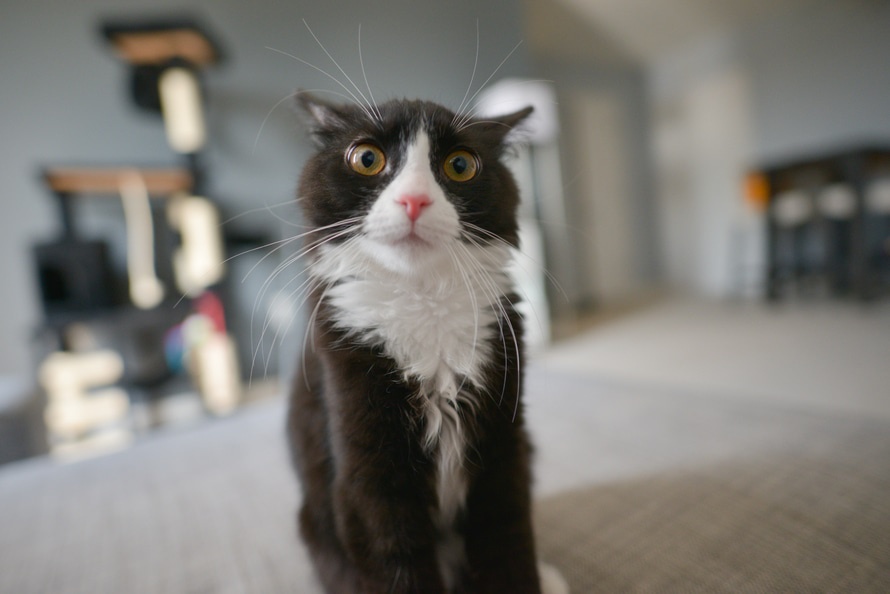
Whether you like or not – if you have an indoor pet, they may be inadvertently making your computer slow. Dust, smoke, and pet hair are only a few common airborne agents responsible for creating one of the biggest killers of computers and other household electronic devices: heat.
Most desktop PCs have at least two fans that run constantly to generate air flow designed to cool down the internal components and pick up any sticky dust, hair, or dander particles which pose the threat of clotting up its inside; however, these particles often persist in constricting proper airflow within the computer and even form external blankets which act as insulation.
Furthermore, dust and dander particles can collide with other substances such as smoke to create a thick, pasty tar-like substance which sticks to the inside of your slow computer and stays there, no matter the strength of its internal fan. Even if you’re not a smoker, dust has a habit of combining with the condensation produced by overheating to produce a conductive sludge. That’s how that external dust blanket can cause serious damage.
No matter how thorough and consistent a cleaner you are – pet hair, dust, and dander have a way of burrowing into the depths of your slow computer, blocking vents and slowing down its performance to the point of irreparable damage. Unfortunately, it’s often the case that these near-invisible particles become so entrenched among the internal components of your PC that the only way to remove the invasive substances is to take the computer apart and re-assemble it.
How Can I Clean Out My Computers?
Tweezers, compressed air, and specialized vacuum cleaners designed specifically for electronic devices are a few home remedies that anyone can deploy, but often if the problem persists, you’re better off enlisting the help of a professional. Not only are these methods imprecise, but the vacuum in particular is a rather lofty investment given the minimal use you’ll likely put it to —they start at $300+ and can easily break the $1000 price barrier. There’s also, always the possibility with compressed air that you accidentally push dust into even more difficult to remove places, as opposed to simply blasting the dust off the surface of your computer parts.
The best solution to prevent excessive clotting and slow performance speeds is to keep your computer in a well-ventilated area and keep the air surrounding its placement as dust and dander-free as possible. On top of those simple steps, you’re also better off investing in periodic maintenance. Just as with your personal health, consistent check-ups are integral to ensuring the continued longevity and speed of your computer equipment. It takes a doctor to look into your internal health and treat it accordingly — the same goes for your home PC.
We all love our pets and hate a slow computer, Just remember, if you follow these tips, you’ll be sure to preserve both!

Comments are closed.